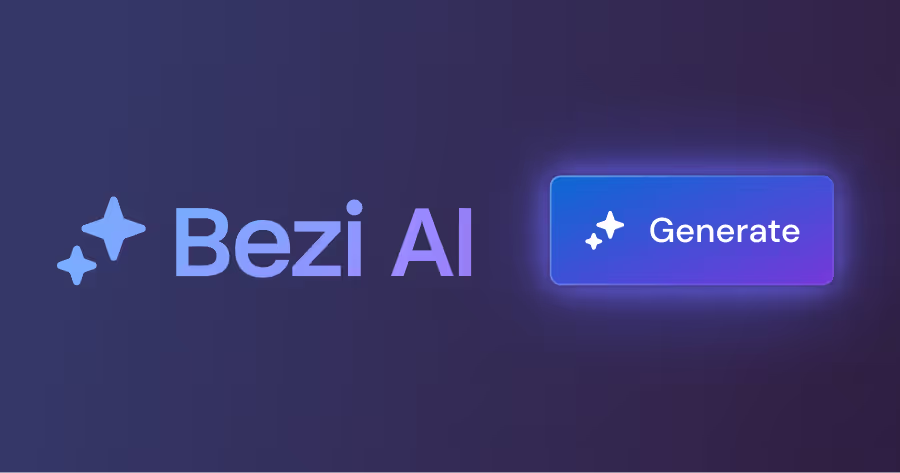
We envision a future where the boundaries between 3D spatial design and game development dissolve, enabling creators of all skill levels to bring immersive digital experiences to life with unmatched ease and collaboration. At Bezi, we are dedicated to transforming how teams work together in three dimensions by harnessing the power of web-based platforms and artificial intelligence.
Our core mission is to democratize 3D design and game development workflows through innovative technologies that eliminate steep learning curves and technical barriers. We strive to redefine productivity and creativity in spatial design by delivering intuitive tools that seamlessly integrate prototyping, real-time collaboration, and advanced AI-driven assistance for developers and artists alike.
By fostering an environment where collaboration is effortless and technology adapts to the needs of creators, Bezi is building the future of immersive content creation—a future where the creation of AR, VR, and 3D experiences is accessible, efficient, and secure, empowering a new generation of designers, developers, and educators worldwide.
Our Review
We've been watching Bezi since 2021, and what started as a promising 3D collaboration tool has transformed into something much more ambitious. The San Francisco startup began with a simple premise: make 3D design as collaborative as Figma made UI design. But their recent pivot to an AI-powered Unity assistant? That's where things get really interesting.
From Frustrated Designers to Game-Changing AI
The founding story resonates with anyone who's wrestled with clunky 3D tools. Co-founders Cecilia Uhr, Julian Park, and Denys Bastov were grinding through design work at Oculus when they hit the same wall we've all experienced — existing tools just weren't built for true spatial collaboration. Figma worked great for flat designs, but try prototyping a VR experience with your team and you'll quickly understand their frustration.
Their initial browser-based 3D editor was solid, offering real-time collaboration and no-code prototyping for AR/VR projects. We appreciated the accessibility — finally, a tool that didn't require a computer science degree to build spatial experiences.
The Unity Pivot That Caught Our Attention
Here's where Bezi surprised us. Instead of just iterating on their 3D editor, they've shifted focus to an AI-powered Unity development assistant. Think of it as having a coding buddy who's memorized every asset, scene, and package in your game project.
This isn't just another ChatGPT wrapper. The AI indexes your entire Unity environment and provides contextual help that actually understands your specific project structure. For artists and designers who've always felt locked out of the technical side of game development, this could be transformative.
Who Benefits Most
We see three clear winners here. First, smaller game studios who can't afford dedicated technical artists will love the productivity boost. Second, educators teaching spatial design courses finally have tools that don't overwhelm students with unnecessary complexity.
But the biggest opportunity might be for creative professionals who've always wanted to build games but got stuck on the coding hurdles. Bezi's approach of lowering technical barriers while maintaining professional-grade capabilities hits a sweet spot we rarely see in this space.
The company's commitment to privacy — no training AI on user content and SOC 2 compliance — also shows they understand the stakes for professional studios working on confidential projects.
Feature
Collaborative web-based 3D editor
3D modeling and prototyping
AR and VR content creation
Shared libraries and 3D sculpting
Animation and real-time collaboration
AI-powered Unity development assistant
Contextual coding and debugging help inside Unity
No-code/low-code spatial design tools
Privacy-focused with no AI training on user content
SOC 2 Type 2 compliance for security








